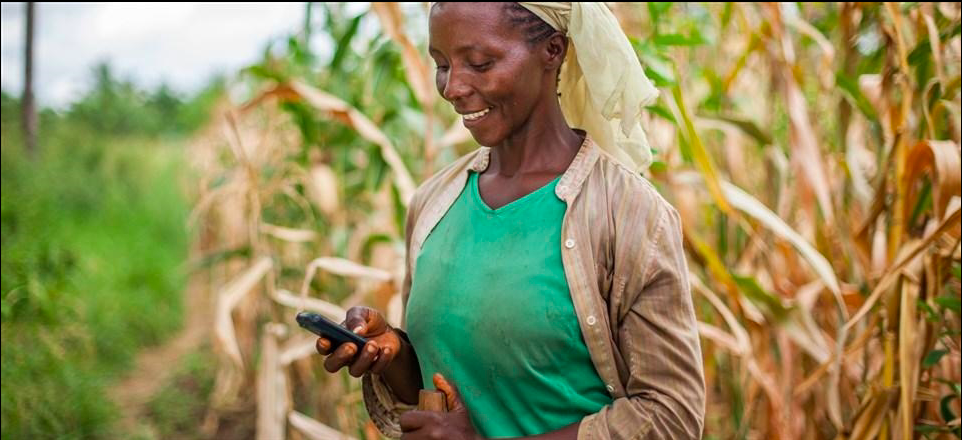The United Nations University – Institute for Natural Resources in Africa (UNU-INRA) is taking a bold step towards empowering women and youth in agriculture through the “Innovate for Clean Agricultural Technologies” (INFoCAT) initiative.
This project aims to drive economic empowerment among women and youth, particularly in rural communities across select African countries, including Ghana, Côte d’Ivoire, and Senegal.
Read also: Nigerian farmers celebrate harvest gained from climate-smart farming
Bridging the Gender Gap in Agriculture
One of the primary objectives of the INFoCAT initiative is to create a platform for developing clean energy agricultural technologies. These technologies are envisioned to be affordable, time-saving, and labour-saving, providing a promising solution for sustainable and efficient agricultural practices. An essential focus of the project is supporting clean energy agricultural technology start-ups, with an emphasis on companies led by women.
Women-led start-ups in the clean energy sector will have the opportunity to enhance their product offerings and supply clean energy solutions to smallholder farmers, which can revolutionise agriculture in their communities.
Empowering Women and Youth Economically
By driving innovation in clean energy agricultural technologies, INFoCAT aspires to provide economic empowerment opportunities for women and youth. The project acknowledges the untapped potential within the clean energy sector, where employment, entrepreneurship, and leadership roles await. Nevertheless, structural barriers within the energy system have historically limited the participation and benefits that women and youth can derive from these opportunities.
One of the primary barriers is gender biases, which have led to the underrepresentation of women and youth in decision-making processes. Additionally, limited access to finance and resources has been a significant hindrance to their involvement in the sector. These challenges must be addressed to unlock the full potential of clean energy technology in agriculture.
Addressing Challenges in Clean Energy Adoption
Within the context of clean energy adoption, the INFoCAT initiative recognizes the need to overcome existing challenges. Small and medium-sized enterprises (SMEs) in the manufacturing sector have predominantly been male-owned. Furthermore, the informal food processing sector continues to rely on traditional energy sources, such as charcoal, firewood, and crop residues. The INFoCAT project aims to change this landscape by promoting clean energy adoption and creating opportunities for women and youth in the clean energy value chain.
Tanzanian biotech firm NovFeed, wins $1 million Milken-Motsepe Prize in Agritech
Four Phases of Implementation
The INFoCAT project will unfold in four key stages:
Stakeholder Engagement and Team Formation: The first phase involves engaging stakeholders and forming dedicated teams to work collaboratively on the project.
Research Development and Idea Incubation: During this phase, research and innovative ideas will be developed, incubated, and nurtured to address agricultural challenges with clean energy solutions.
Implementation of Best Solutions: The third stage will focus on the practical implementation of the best solutions developed during the project.
Policy Influence and Technology Uptake: The final phase aims to influence policy changes that support clean energy technology adoption and promote the widespread uptake of the technologies that emerge from the project.
A Holistic Approach to Clean Energy Solutions
INFoCAT is set to be a transformative 30-month initiative funded by the International Development Research Centre (IDRC) in Canada. The project will address the unique challenges and opportunities presented by clean energy in agriculture, making it more accessible, gender-inclusive, and sustainable.
With a focus on women-led start-ups, this initiative is poised to empower women and youth economically while revolutionising agricultural practices in select African countries. By providing innovative solutions, INFoCAT will contribute to building a more sustainable and equitable future in agriculture.




